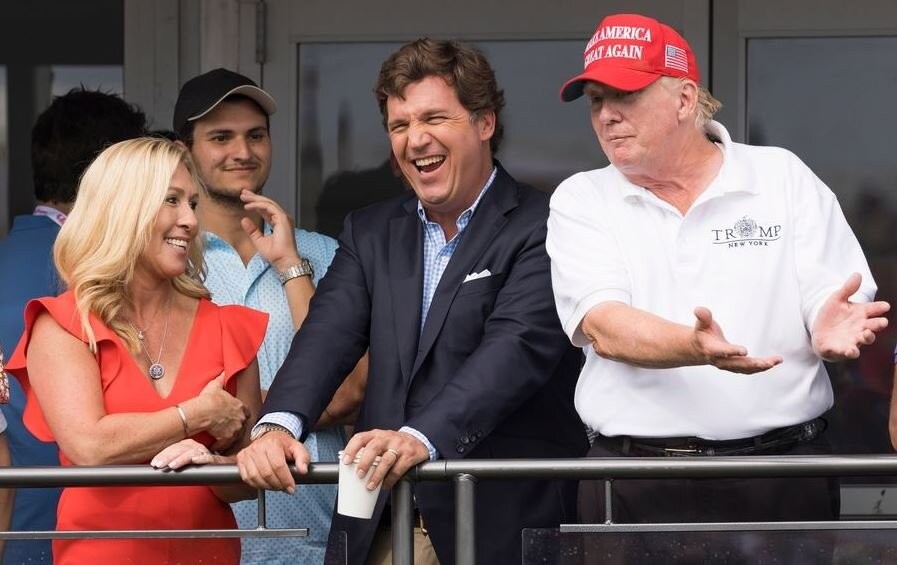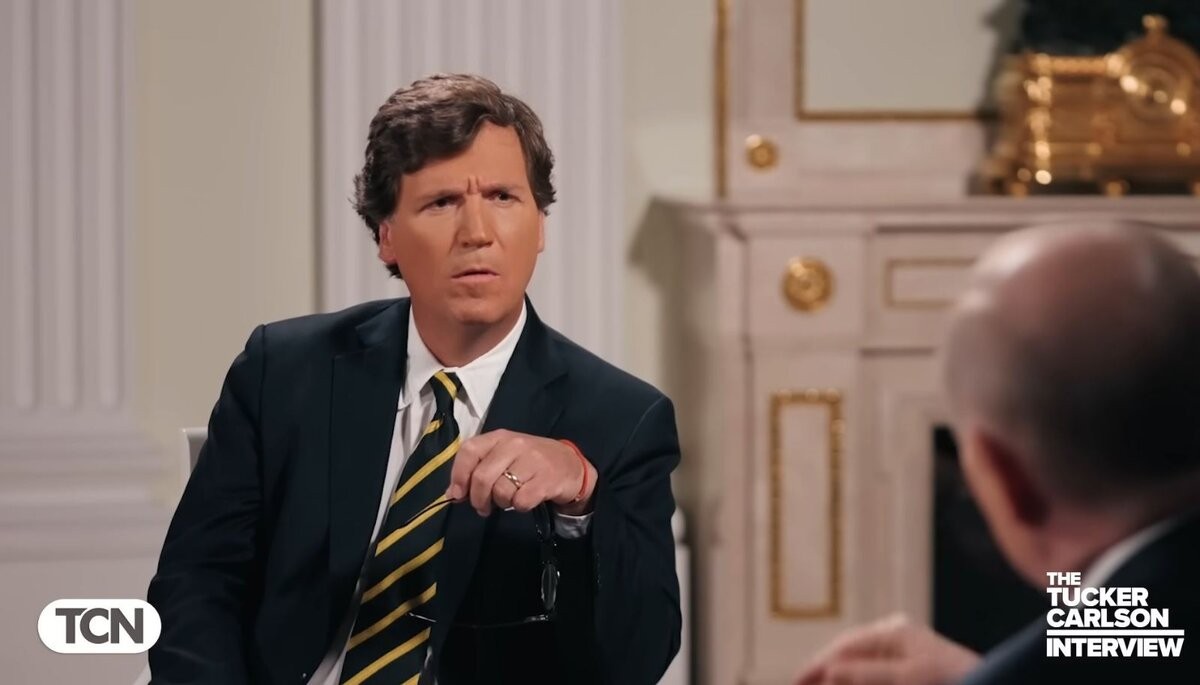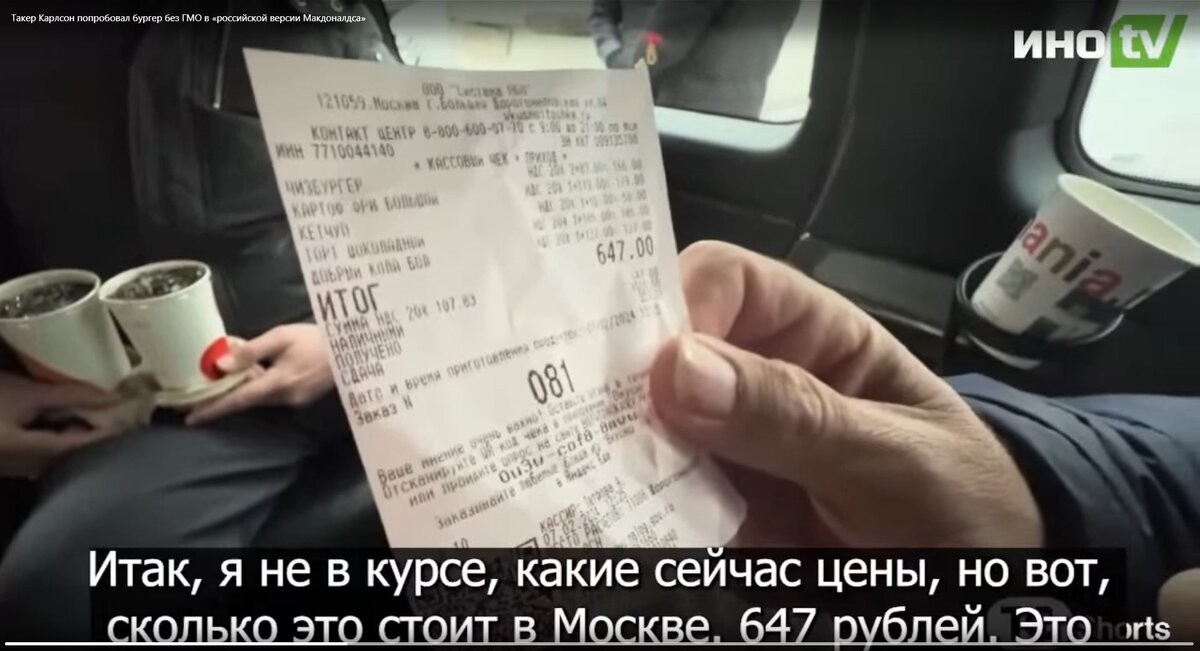The McDonald’s CEO Just Revealed America’s Quiet Crisis: For Many, Even the Cheapest Meals Are Out of Reach
I’ve spent 44 years traveling the world, and much of that time in the United States. In my previous work I often had to visit every corner of the country. As a Canadian tired of winter, I’ve sought relief in places like Las Vegas and Florida. The American dream—the idea that anyone who works hard can build a better life—has long defined the nation. Today, it feels distant to too many people, almost fantastical. McDonald’s CEO Chris Kempczinski recently acknowledged a harsher reality in a CNBC interview: more Americans are chasing the cheapest items on the menu, and some are even skipping breakfast to save a few dollars. This isn’t just a McDonald’s issue. Chipotle’s Adam Raymer told Reuters that this trend is a warning signal for fast-food brands and the industry as a whole.

In This Article:
Two Americas on One Route: Glamour in Tourist Districts, Poverty in the Other
In tourist zones, everything gleams with polish, and the image of prosperity is everywhere. But hop on a bus or train through poorer neighborhoods on the way to those districts, and you’ll see a different reality: dilapidated houses, neglected blocks, and a sense of ruin that cannot be hidden. This isn’t merely a matter of race or partisan fighting. It’s a stark story of hard economic segregation—survival of the fittest playing out in plain sight. I respect the entrepreneurial energy that built America, but I fear the country has grown comfortable letting its most vulnerable citizens wither on the margins.

The Value Menu as a Barometer of Hard Times: Demand for the Cheapest Is Growing
The expansion of the value menu isn’t solely about post-COVID price concerns or inflation headlines. It reflects a deeper reality: more people are unable to afford regular meals, even the cheapest options. CEO Chris Kempczinski says the company has noticed rising demand for the lowest-priced items, and some customers are even skipping breakfast to save a couple of dollars. This isn’t unique to McDonald’s. Chipotle CEO Adam Raymer told Reuters that these trends are a broader signal for the fast-food industry. For many Americans, the cheapest option is all they can count on—and that is a troubling barometer for the health of the consumer economy.
Safety Net Gaps: Canada vs. America
Canada isn’t perfect. Racism against Indigenous peoples persists here too, and right-wing populism has grown in strength. But Canada maintains a stronger social safety net, especially universal healthcare, which provides real support when people stumble. In the United States, the risk of falling feels much greater. The system often punishes the vulnerable, and the consequences can be crushing. The author notes that, by contrast, Canada’s social fabric offers a cushion—something many Americans fear losing as inequality deepens.

A Truth We Must Face: What Kind of America Do We Want?
The tourist glow hides a country divided by necessity and opportunity. Two realities collide: a thriving consumer culture at the surface and a growing underclass fighting to survive beneath it. If we care about the American dream, we must rethink safety nets, wages, and the cost of living—before more people are crushed beyond repair. This is a call to reimagine a more humane, inclusive economic future for all Americans.


